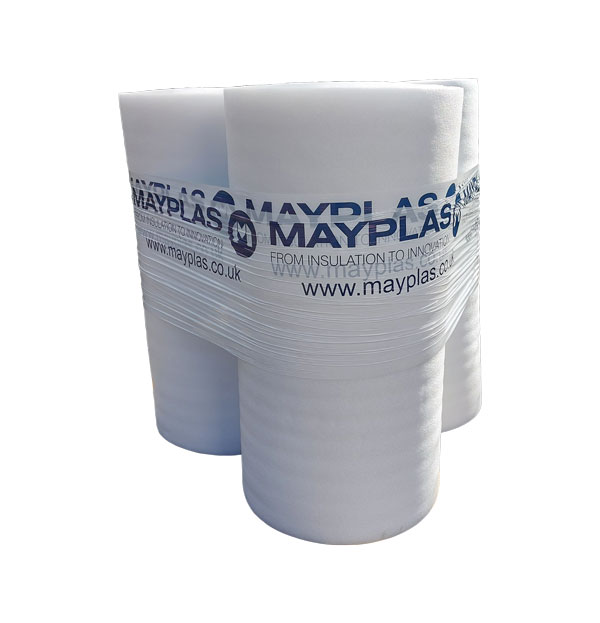Insulation plays a crucial role in keeping our homes comfortable and energy-efficient. It helps regulate the temperature, reduces noise, and lowers energy bills by preventing heat loss or gain. In this article, we will guide you through the type of insulation material based on factors such as R-value, environmental impact, cost, and suitability for different areas of your home.
Understanding R-Value
One of the most important factors to consider when choosing insulation material is its R-value. R-value measures the material's ability to resist heat flow. The higher the R-value, the better the insulation performance. If you are searching for the best insulation material for your home you can visit this website http://mayplas.co.uk/.

Types of Insulation Materials
1. Fiberglass: Fiberglass insulation is one of the most popular options due to its affordability and effectiveness. It is made of fine glass fibers and is available in rolls or as loose fill.
2. Cellulose: Cellulose insulation is made from recycled paper products and treated with fire-retardant chemicals. It is a good option for those looking for eco-friendly insulation.
3. Foam: Foam insulation, such as spray foam or rigid foam boards, offers excellent insulation properties and can fill gaps and cracks effectively. It provides a high level of thermal resistance and can help reduce energy costs.
4. Mineral Wool: Mineral wool insulation is made from mineral fibers, usually derived from rocks or molten glass. It is known for its fire-resistant properties and provides good sound insulation.
Conclusion
Choosing the right insulation material for your home is crucial for maintaining comfort, energy efficiency, and reducing environmental impact. Consider factors such as R-value, environmental impact, cost, installation method, moisture resistance, and soundproofing properties when making your decision.